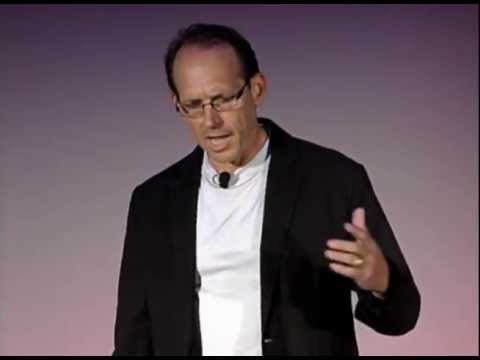Turn that Ship Around! is an interesting book about how David Marquet handled a situation where he was unexpectedly assigned to be a captain of a submarine he was not trained on. David also has a YT channel and a mailing list for leadership nudges.
Quotes:
- One of the things that limits our learning is our belief that we already know something.
- Are you and your people working to optimize the organization for their tenure, or forever?
- People who are treated as followers treat others as followers when it’s their turn to lead.
- I believe the personal freedoms, and economic prosperity we enjoy in the United States are unique throughout the history of mankind and across the span of the globe. I believe that this is not a natural state but one which must be worked for relentlessly …
- Control
- When it comes to processes, adherence to the process frequently becomes the objective, as opposed to achieving the objective that the process was put in place to achieve.
- In his book Out of the Crisis, W. Edward Demings lays out the leadership priciples that became known as TQL, or Total Quality Leadership. This had a big effect on me. It showed me how efforts to improve the process made the organization more efficient, while efforts to monitor the process made the organization less efficient.
- When I, as the captain, would “think out loud,” I was in essence imparting important context and experience to my subordinates. I was also modeling that lack of certainty is strength and certainty is arrogance.
- Short, early conversations is a mechanism for control.
- “I INTEND TO …” was an incredibly powerful mechanism for control.
- passive followers
- Request permission to …
- I would like to …
- What should I do about …
- Do you think we should …
- Could we …
- active doers
- I intend to …
- I plan on …
- I will …
- We will …
- Thereafter, the goal for the officers would be to give me a sufficiently complete report so that all I had to say was a simple approval. Initially, they would provide some information, but not all. Most of the time, however, they had the answers; they just hadn’t vocalized them. Eventually, the officers outline their complete thought processes and rationale for what they were about to do. The benefit from this simple extension was that it caused them to think at the next higher level.
- Competence
- We learn (everywhere, all the time) is a mechanism for competence
- Don’t brief, certify is a mechanism for competence.
- Continually and consistently repeat the message is a mechanism for competence.
- … procedure had become the master and not the servant. The motivation had shifted from putting the fire out to following the procedure.
- Specifying goals, not methods is a mechanism for competence.
- Provide your people with the objective and let them figure out the method.
- Clarity
- Building trust and taking care of your people is a mechanism for clarity.
- Taking care of your people does not mean protecting them from the consequences of their own behavior. That’s the path to irresponsibility. What it does mean is giving them every available tool and advantage to achieve their aims in life, beyond the specifics of the job. In some cases that meant further education;
- Use your legacy for inspiration is a mechanism for clarity.
- Use guiding principles for decision criteria is a mechanism for clarity.
- The more important change that happens, however, is that all teams (in our case, all submarines) are now collaborators working against a common external goal as opposed to competitors working against one another.
- Use immediate recognition to reinforce desired behaviors is a mechanism for clarity.
- Begin with the end in mind is an important mechanism for organizational clarity.
- Encourage a questioning attitude over blind obedience is a mechanism for clarity.
- Emancipation is fundamentally different from empowerment. With emancipation we are recognizing the inherent genius, energy, and creativity in all people, and allowing those talents to emerge.
- Ultimately, the most important person to have control over is yourself – for it is that self-control that will allow you to “give control, create leaders.” I believe that rejecting the impulse to take control and attract followers will be your greatest challenge and, in time, your most powerful and enduring success.
